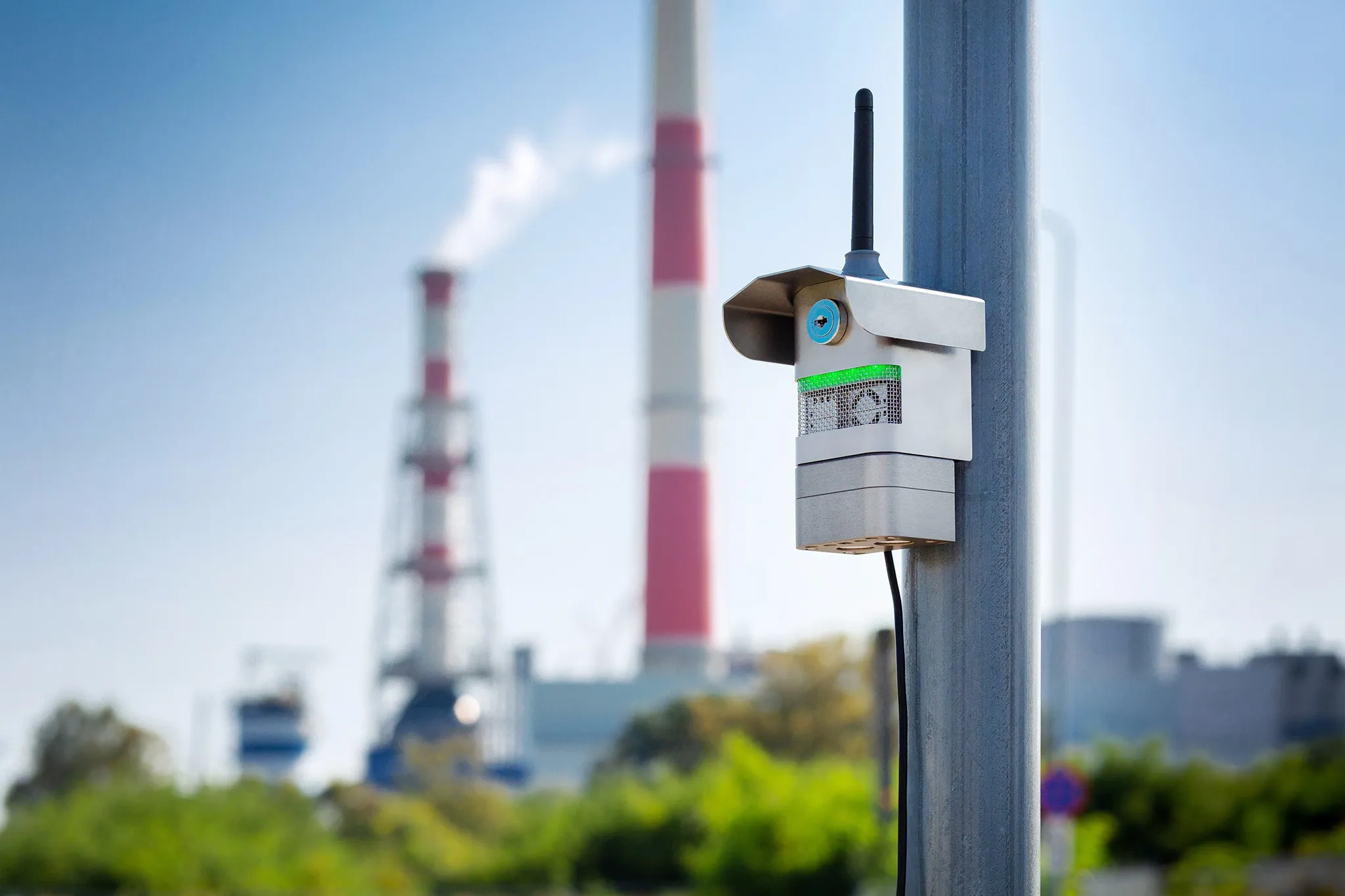The Swedish Transport Administration (Trafikverket) has extended its contract with Q-Free for the servicing and maintenance of the congestion charging infrastructure in Stockholm. Valued at approximately US$3.13 million the contract has been extended for a year, starting 1 January 2013, Q-Free’s CEO, Oyvind Isaksen, said, “We see Sweden as a very important and exciting market going forward. Our continuing participation in service and maintenance activities is essential for our local presence and not at lea
November 12, 2012
Read time: 2 mins
The Swedish Transport Administration (6301 Trafikverket) has extended its contract with 108 Q-Free for the servicing and maintenance of the congestion charging infrastructure in Stockholm. Valued at approximately US$3.13 million the contract has been extended for a year, starting 1 January 2013,
Q-Free’s CEO, Oyvind Isaksen, said, “We see Sweden as a very important and exciting market going forward. Our continuing participation in service and maintenance activities is essential for our local presence and not at least for the quality and efficiency of the system over time.”
Congestion charging was introduced in Stockholm primarily to reduce inner city traffic and vehicle emission-based pollution. The authorities went to great efforts to improve the public transportation system and to ensure that the congestion charging system was fair. Since its introduction, the system has proved to be a great success, with air pollution reduced by 10 per cent, traffic reduced by 20-25 per cent, and travel times cut by 50 per cent.
Q-Free’s CEO, Oyvind Isaksen, said, “We see Sweden as a very important and exciting market going forward. Our continuing participation in service and maintenance activities is essential for our local presence and not at least for the quality and efficiency of the system over time.”
Congestion charging was introduced in Stockholm primarily to reduce inner city traffic and vehicle emission-based pollution. The authorities went to great efforts to improve the public transportation system and to ensure that the congestion charging system was fair. Since its introduction, the system has proved to be a great success, with air pollution reduced by 10 per cent, traffic reduced by 20-25 per cent, and travel times cut by 50 per cent.









